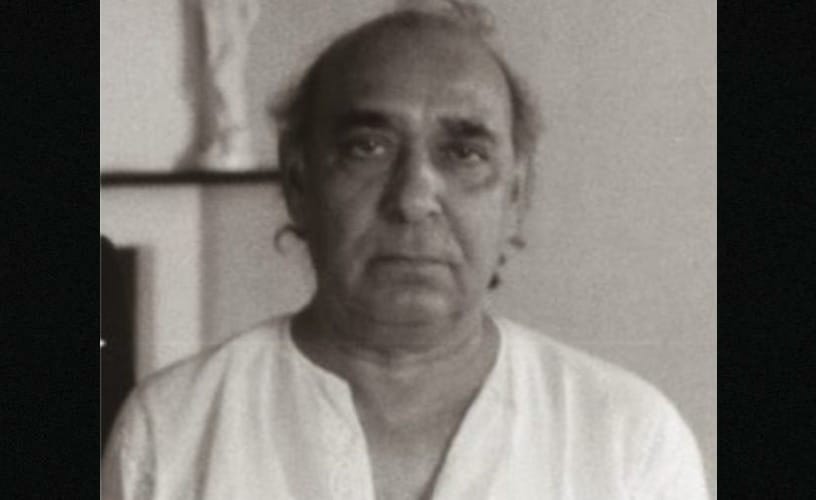New Delhi: Noted Hindi and Urdu writer Krishan Chander’s story ‘Jamun Ka Ped’, a well-known satire on red tape, has been removed by the Indian Certificate of Secondary Education (ICSE) from the Hindi syllabus of Class X barely three months before the board examination because of an objection made by “officials of a particular state”.
The officials reportedly “saw it [the story] as a criticism of the present establishment”.
News reports said the ICSE took the decision before the issue “got more traction” and had accordingly sent a notification on November 4, stating that students wouldn’t need to take it into account while preparing for the 2020 and 2021 examinations. The story had been in the ICSE’s Hindi (second language) syllabus for Class X since 2015.
Gerry Arathoon, chief executive and ICSE secretary, told The Telegraph that the decision was taken because the story was “not appropriate for Class X students”. The report said, “He didn’t explain why, or say who had objected to the story.” However, sources told the newspaper that “officials of a particular state had recently objected” to it.
Aside from a number of novels and short stories, Chander (1914-1977) wrote ‘Jamun Ka Ped’ in the 1960s. It satirises bureaucratic red tape through the story of a man, a well-known poet, who needs to be rescued from under a Jamun tree. Since the rules are considered more important than saving the life of a person, the buck is passed by the bureaucrats until it reaches the prime minister’s office.
Besides writing in Hindi and Urdu, Chander also wrote in English. He also penned screenplays for noted Bollywood films like Dharti Ke Lal, Mamta and Sharafat.
Also Read: Celebrating Krishan Chander, the Storyteller of the Oppressed
‘Jamun Ka Ped’ essentially questions the centralised system of governance. Recently, the Narendra Modi government has come under increasing criticism for not adhering to the federal structure of administration. Among those who levelled this charge against the Centre is former RBI governor Raghuram Rajan, who recently said, “It (government) is centralising in practical terms, in that a lot of decisions are made in the Prime Minister’s Office.”
Interestingly, the Modi government, according to a Hindustan Times report on Tuesday, accused top bureaucrats of his government for “spoiling” his first term by “delaying” programme implementation and thereby his agenda of “Ek Bharat Shrestha Bharat” (One Nation, Strong Nation). “Since its inception by then home minister Sardar Patel, the Indian bureaucracy has largely moved from a national to a self-serving agenda in which the focus is on processes, not outcomes”, the report claims, justifying the Modi government’s decision to introduce “a common foundation course for all group A services” from 2020-21 as “a first step to break the silos and elite clubs”.

